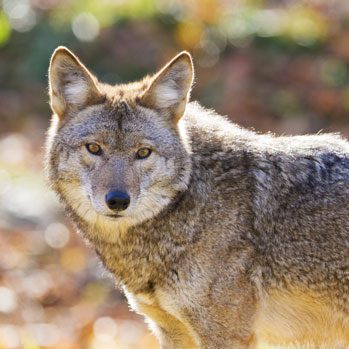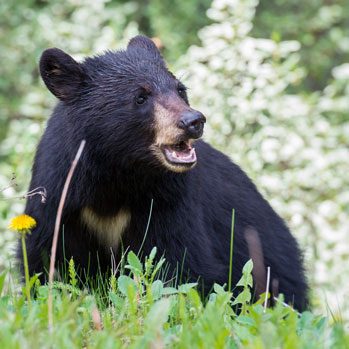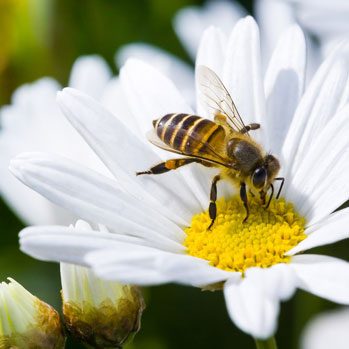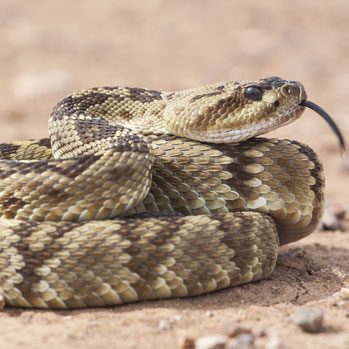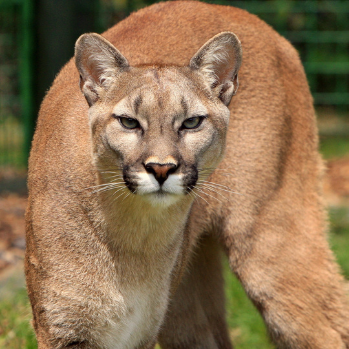Wildlife Awareness
Wildlife Awareness
Your guide to safely navigating our wildlife population
Castle Pines is lucky enough to have a thriving wildlife population, including deer, elk, bears, bobcats, mountain lions, snakes and coyotes. The city always seeks to achieve a balance between the importance of human safety and the native ecology of the region.
Below are resources and best practices for sharing the environment with our wild neighbors.
Incidents and Attacks
If you’ve seen or been involved in a wildlife incident or attack, notify Colorado Parks and Wildlife Northeast Region Service Center immediately.
Contact Information
Regular business hours: 303-291-7227
After hours contact: Colorado State Patrol, 303-239-4501
For additional information on wildlife in Colorado, visit the CPW website.
I-25 Wildlife Exclusion Fence Project
The Colorado Department of Transportation, Colorado Parks and Wildlife, the City of Castle Pines, the Town of Castle Rock, and Douglas County partnered to install 16 miles of wildlife fencing on both sides of I-25, from the Ridgegate exit (MM 192) in Lone Tree to the Meadows/Founders exit in Castle Rock (MM 184). The wildlife fencing is designed to protect both wildlife and travelers along I-25 by preventing collisions with wildlife attempting to cross the interstate.
Coyotes
Coyotes are very adaptable and often thrive in urban areas. For more information about how the city responds to the local coyote population, check out the city’s Coyote Management Plan.
Bears
Bears are typically seen in our community during the summer and fall seasons. As winter approaches, they look for food sources to prepare for hibernation, and it’s easier to get calories from trash cans than from foraging in the wild—which is why we ask residents to follow these guidelines:
- Do not leave trash or trash cans outside overnight.
- Properly store pet food and bird seed.
- Burn food off of barbecue grills and clean after use.
- Keep all bear-accessible windows and doors closed and locked, including home, garage, and vehicle doors.
- Don’t leave food, trash, coolers, air fresheners, or anything that smells in your vehicle.
- Pick fruit before it ripens, and clean up fallen fruit.
Bees
Beekeeping is allowed within populated areas of the City (see Ordinance 17-03 in the Municipal Code for details).
Bee swarms are a natural phenomenon that occurs when a hive becomes overcrowded and the old queen and about half of the original hive leave to find a new home.
- In Colorado, bees swarm from April through the end of summer, with May and June being the busiest months.
- Swarms are generally quite docile and will eventually leave on their own when a new hive location has been found.
- If you prefer to have a swarm professionally removed, call the Colorado Swarm Hotline at 1-844-779-2337 (1-844-SPY-BEES).
Snakes
The most common large snakes you’ll find in the area are prairie rattlesnakes and bullsnakes. Rattlesnakes are venomous while bull snakes are not — but both can bite and cause a medical issue.
- Stay on designated paths or walkways to avoid a snake encounter.
- Snakes will not attack if they don’t feel threatened. If you encounter a snake, give it a wide berth or turn in the opposite direction.
- If you’ve been bitten by a snake, seek medical attention immediately.
Mountain Lions
To reduce the risk of problems with mountain lions on or near your property, we urge you to follow these simple precautions:
- Install outside lighting. Light areas where you walk so you could see a lion if one were present.
- Closely supervise children whenever they play outdoors. Make sure children are inside before dusk and not outside before dawn. Talk with children about lions and teach them what to do if they meet one.
- Landscape or remove vegetation to eliminate hiding places for lions, especially around children’s play areas. Make it difficult for lions to approach unseen.
- Planting non-native shrubs and plants that deer often prefer to eat encourages wildlife to come onto your property. Predators follow prey. Do not feed any wildlife.
- Keep your pet under control. Roaming pets are easy prey and can attract lions. Bring pets in at night. If you leave your pet outside, keep it in a kennel with a secure top.
- Don’t feed pets outside; this can attract raccoons and other animals that are eaten by lions. Store all garbage securely.
- Place livestock in enclosed sheds or barns at night. Close doors to all outbuildings since inquisitive lions may go inside for a look.
- Encourage your neighbors to follow these simple precautions. Prevention is far better than a possible lion confrontation.


